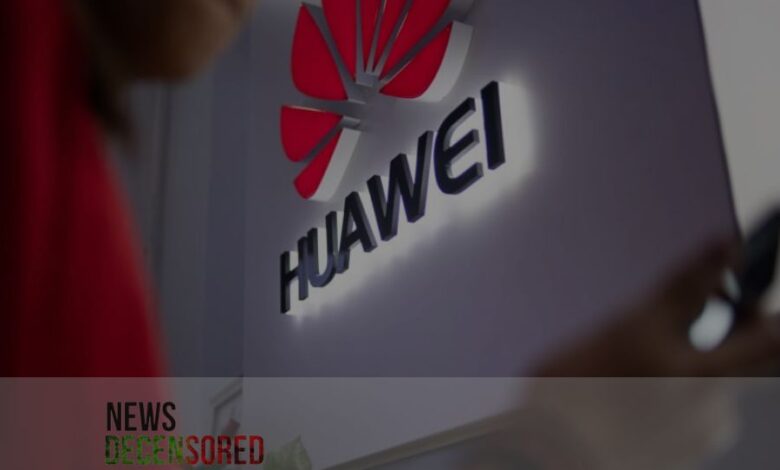US cancels export licenses of suppliers to China’s Huawei

This week, the long-simmering disagreement between the US and China acquired a new twist when the US Department of Commerce annulled the export license for certain technical commodities delivered to Huawei, a Chinese tech giant.
This is just one of the many moves that, as of late, have begun to call for a stricter approach to tech issues, fearful that Chinese companies’ growing technological lead and national security threat are leaving the US out of the race.
However, the sequence of events is worth focusing on; it might have something to do with Huawei’s latest AI-powered laptop, the MateBook X Pro, which has just been released. This ground-breaking machine avails of Intel’s All New Core Ultra 9 technologies. Some US officials are, however, apprehensive that the Commerce Department may have done somewhat unidentified approvals of the same sales just by being inactive.
The US put Huawei on a trade restriction list in 2019, as happens every time a company is classified as a potential risk to national security and (allegedly) spying. Therefore, all Huawei vendors must obtain special-use licenses for any shipment to this company.
Nevertheless, Huawei has been profitable in receiving billions of dollars in licenses, including a questionable one issued by the Trump administration: that Huawei needed a permit to use Intels with laptop processors.
Consequently, the current development could be explained as a trend in American positions regarding Huawei. The exact licenses that Huawei has been punished with remain elusive, but this may impact both Huawei and its US suppliers.
Huawei may have to deal with issues sourcing necessary materials like chips, making their famous laptops and other gadgets challenging. Chinese firms or projects that depend on doing business with Huawei will also be affected.
It affects many other systems concurrently rather than just short-term economic outcomes. Sceptics believe that licensees made an error in giving a helping hand to Huawei’s headway. Instead of this, Huawei happily launched the latest smartphone with the chip power supplied by the SMC of China Far Eastern. This leads to a violation of U. S. export restrictions.
Moreover, Huawei’s smartphone market sales also jumped strongly at the beginning of 2024; additionally, the car components business is another crucial market supporting its growing market share.
The US government’s decisions to annul export licenses have been pivoting and would further strain already-strained ties with China. Huawei has no official, apt response to the issue, but it will have to struggle with a whole new set of problems in a few months while it tries to overcome this barrier.
On the other hand, making March to May a legal holiday for the rest of the year can significantly hinder the country’s economic development under the existing circumstances.
However, this issue has become the main agenda for US lawmakers. Republican representatives like Elise Stefanik seem to appreciate this move, saying that it is essential to protect national security, but the economic consequences of the move could be tensing.
This new situation again demonstrates that many sides to geopolitics can be connected with technology and national security. Companies like Huawei stand at the centre of the struggle between the US and China for leadership in the tech field. This fight may not only trigger the downfall of such a company but also produce more severe consequences for the global tech industry.




